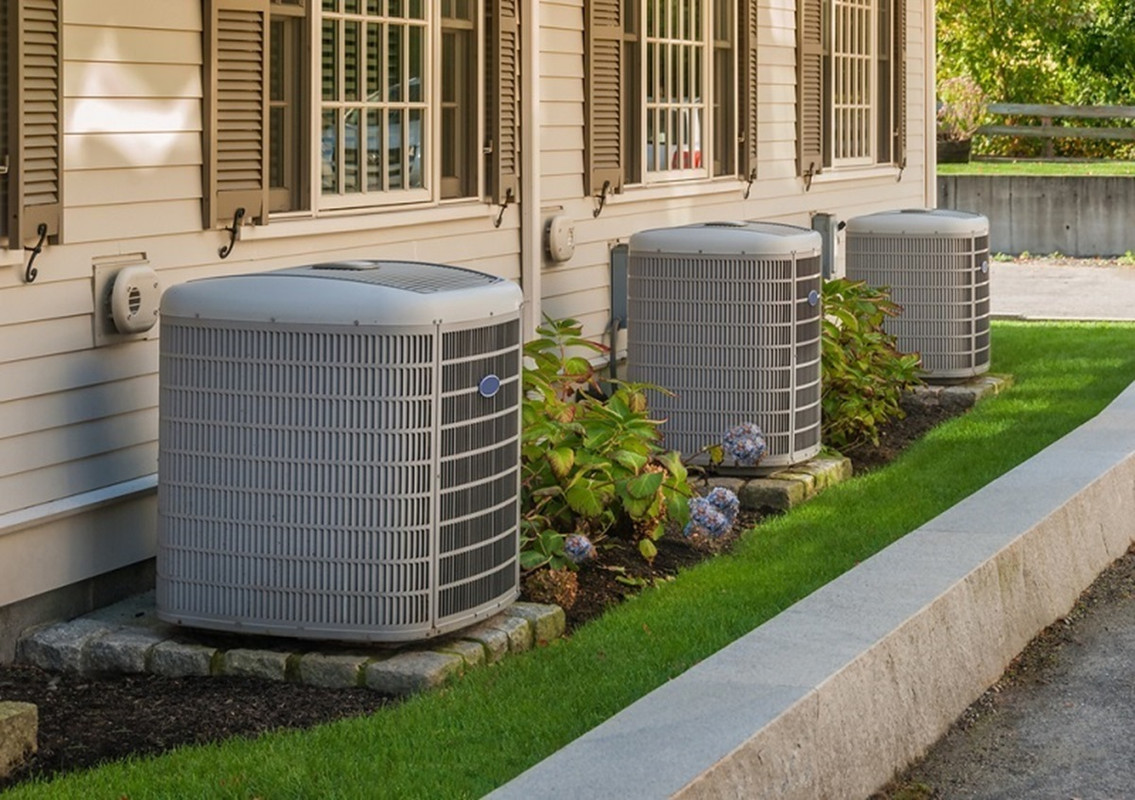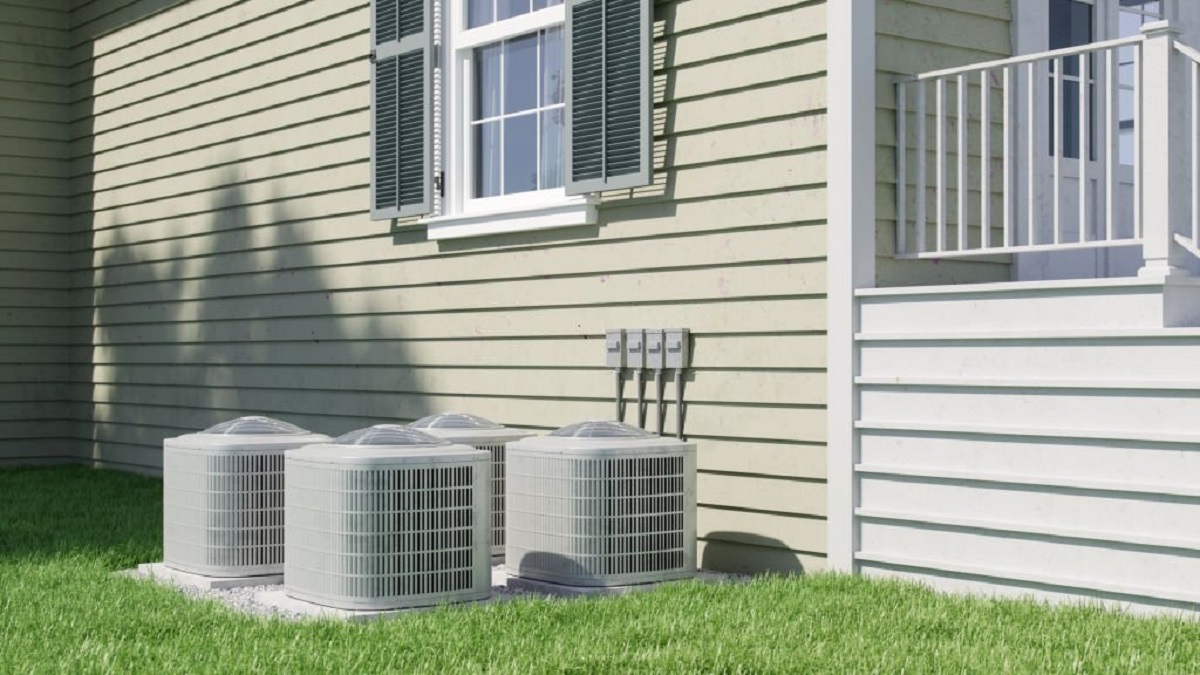Maximize Energy Savings with Smart Heating and Cooling Technology

Casting your eye over your latest energy bill, didn't it make you wonder if there's a smarter way to heat or cool your home? As the seasons change, so too does the energy demand of regular households. But what if technology were to lend a hand?
Welcome to the intelligent world of smart heating and cooling technologies. These modern-day wonders don’t just optimize temperature – they're about reshaping energy use in our everyday lives. This post delves into this exciting arena, exploring how these systems work, their benefits, challenges per se, and the potential they propose in stimulating energy savings.
Let's embark on this illuminating journey, one that hovers past the "whys" and "whats" into the transformative world of smart heating and cooling systems. It's time to look beyond merely adjusting thermostats, and venture into a universe of improved efficiency, comfort, and remarkably, savings.
Understanding Smart Heating and Cooling Systems
To appreciate the genius behind smart heating and cooling technologies, we must first understand what they are. "Smart" signifies the technology's ability to think, learn, and make decisions autonomously. So, what makes these systems smart?
Simply put, they use sensors and algorithms to “read” the environment and make adjustments. For instance, they can identify an unusually hot day and spruce up the cooling without human intervention. Moreover, they come with features enabling control over your entire home through a simple app, adding a layer of convenience to their functionality.
By offering homeowners increased comfort, these systems create a living environment perfectly tailored to personal preferences. Yet, their greatest asset is the potential for significant energy cost savings.
Why Choose Smart Heating and Cooling Systems?
The question to ask is, why switch to intelligent HVAC systems? The obvious answer is energy savings. These systems minimize energy wastage, thereby bringing down costs. The ability to control your home's heating and cooling remotely ensures comfort upon arrival, without having to leave appliances running all day.
The “smart” component further adds a predictive ability. These systems learn from patterns, adjusting temperatures accordingly. For instance, if you're away from home every Monday-Friday between 9AM to 5PM, the system identifies this and reduces heating or cooling during that period.
What Benefits Can You Expect?
The perks of these innovative systems spill beyond monetary savings. For starters, they provide a comfortable and customizable temperature management system. Your home need not be uniformly heated or cooled. These systems allow zonal operation, where you can set varied temperatures in different rooms.
In addition, they contribute towards a greener planet by optimizing energy use. The meticulous energy reports they yield help ascertain patterns and make necessary adjustments. With the advent of solar-powered models, their contribution to sustainability is escalating.
Challenges and Considerations
Despite their many advantages, these technologies also possess some drawbacks. Smart heating and cooling systems require an initial investment which may deter budget-conscious homeowners. Plus, without competent Wi-Fi coverage, their efficiency could be compromised.

Moreover, understanding how to use the system may require some learning. Changing habits takes time, and incorporating a new technology might demand patience from some users.
Opportunities for the Future
As technological advancements continue, we can expect a massive growth in the uptake of smart HVAC systems. Moreover, with artificial intelligence and machine learning taking strides, these systems can become even more efficient, delivering unprecedented savings and refining our lifestyle.
Conclusion
To wrap it up, smart heating and cooling technologies unveil a fascinating prospect of a greener, more efficient household. While initial implementation might pose a few hurdles, the potential benefits in the long haul cannot be overstated. As we move forward, considering their adoption becomes less of a luxury and more of a necessity, as every effort towards more efficient energy use counts. Ultimately, it is our collective responsibility to make our homes, our lives, more sustainable - all while reaping the benefits of technological advancements. After all, the comfort of your earth-friendly home will be even more enjoyable when peppered with a conscious sense of ecological preservation.







No comments :